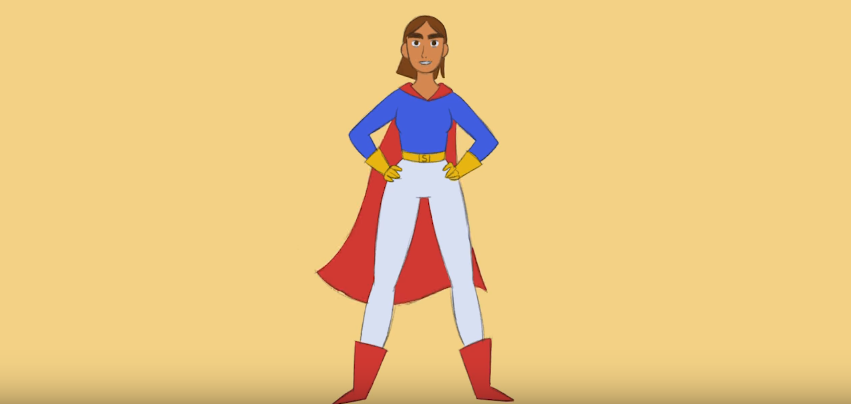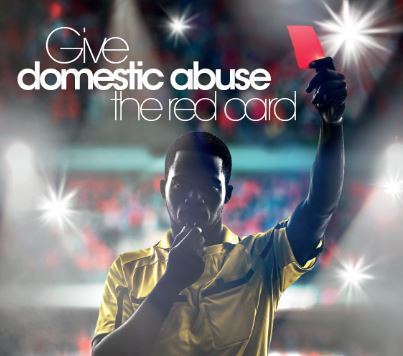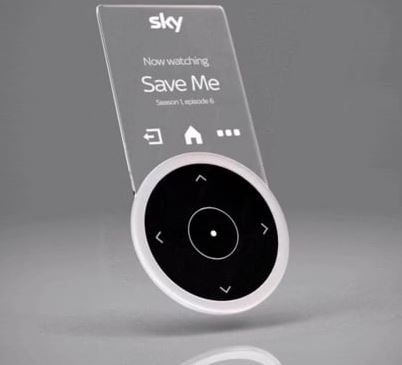Inspiring Girls ‘It’s time to get animated’/ MullenLowe London
Wednesday March 15, 2017 | Leave a comment

Wednesday 8 March marked the annual International Women’s Day event commemorating the women’s rights movement. This year’s theme was ‘#BeBoldForChange’ and we saw a plethora of ads released that celebrated women, with some addressing specific issues in the ongoing push for gender equality.
Inspiring Girls International, the charity which hopes to raise the aspirations of young girls by connecting them with female role models, has highlighted an interesting gender inequality issue that may not be at the forefront of our minds. Their latest campaign, created by MullenLowe London, brings to light gender bias in the animation industry. According to the campaign, only 29% of animated characters are female. The work points out the importance of addressing the ratio of female to male animated characters seen on screen, in that the majority of children’s first role models are those that they see in cartoons. The unveiling of the campaign coincided with not only the launch of International Women’s Day festivities, but also the organisation’s speed mentoring event with the European Parliament and the European Commission in Brussels, which brought together 50 school girls with 12 high profile women including European Commissioners and the Secretary General of the European Women’s Lobby.
The 90-second animated ad starts by introducing a world where characters Cathy the Carpenter, Angela the Astronaut and Carla the Coder all revel in the limelight. However, we then see animated animator, Sophie Marka, shut off the television and let out a sigh because female characters so rarely take centre stage. She highlights not only that less than a third of animated characters are female, but also that, when they are included, females are often portrayed as ‘the sidekick’, ‘the princess’ or ‘a damsel in distress’.
To help battle the gender bias in the animation industry, Inspiring Girls encourages viewers to share the film to spread awareness of the issue, with the hope that it will put pressure on the industry to include more females in lead roles. At the point of writing, the film had been shared by the likes of aspiring female astronaut, Abigail Harrison, politician Nick Clegg and celebrity chef Jamie Oliver. Viewers of the work can also head to the Inspiring Girls website where they can create their own cartoon character, selecting their appearance and their profession from a list of 25, including a teacher, a chef, a CEO or a footballer. The characters can then be saved, printed or shared on social media.
The campaign is running under the fitting strapline ‘#redrawthebalance’ and builds on the charity’s 2016 campaign which documented children’s responses when asked to draw a fighter pilot, a surgeon and a firefighter. The experiment revealed that 61 pictures were drawn as men and only 5 drawn as women, despite the occupations being filled by both genders. The current work will be supported by press, outdoor and online activity, with all media for the campaign having been donated by those who support the cause. Interestingly, the team that created the film at MullenLowe was also nearly entirely female, including the animator, four female illustrators, editor, director, sound designers, musicians and producers; a great way of demonstrating how to practice what you preach.
The #redrawthebalance campaign is as effective as it is highly topical, in that it addresses one of the most pressing women’s issues – the working world – and doing so clearly and simply through animation. The use of colourful, entertaining illustrations, as well as the fun element of being able to create your own female avatar, also complements the positive message for females promoted by the ad. As Sophie Marka states, ‘we are just as capable of doing an infinity number of things and beyond’. Inspiring Girls and MullenLowe’s work is sure to make an important contribution to raising awareness of the lack of female role models in animation and force a shift in the types of female characters on screen. Screwing up those illustrations of tired stereotypes and drawing strong and charming females into cartoons will help cement in the minds of young girls and boys alike that women can ‘lead, achieve and succeed’.




